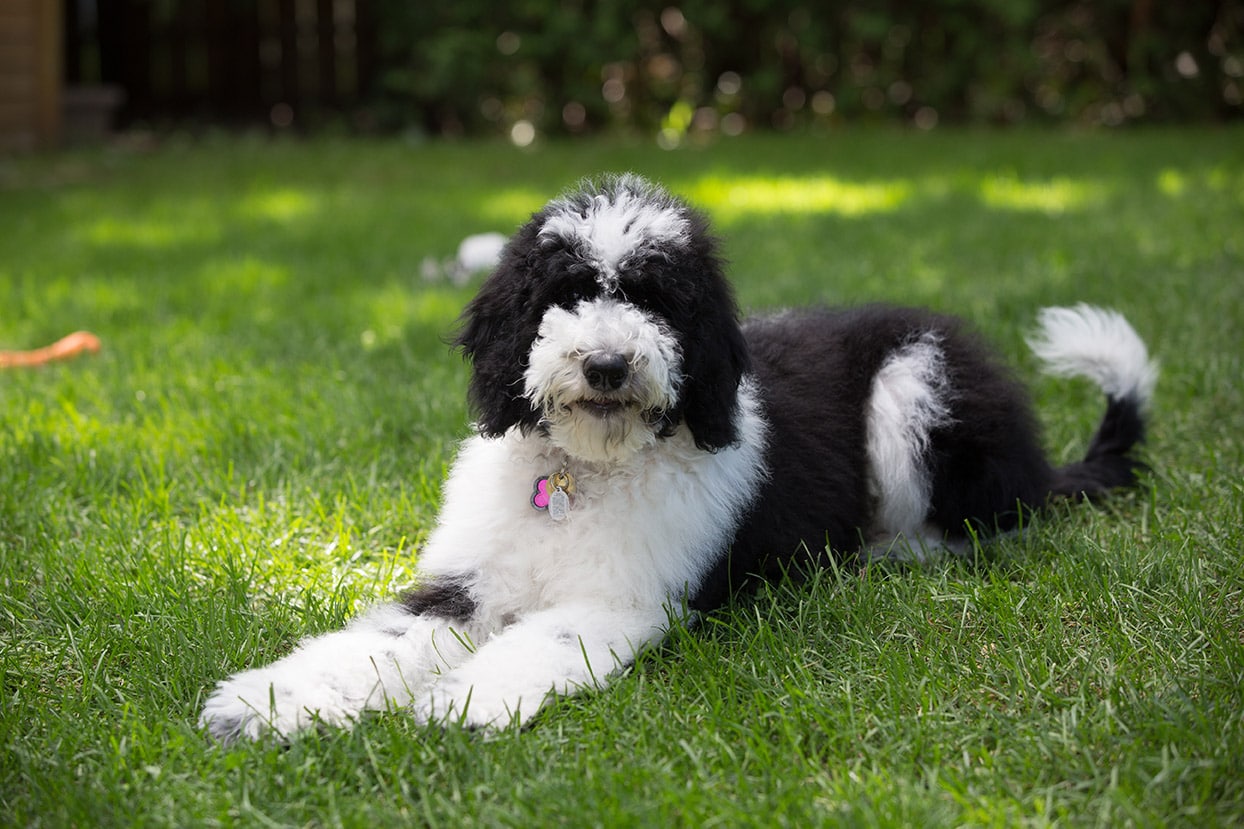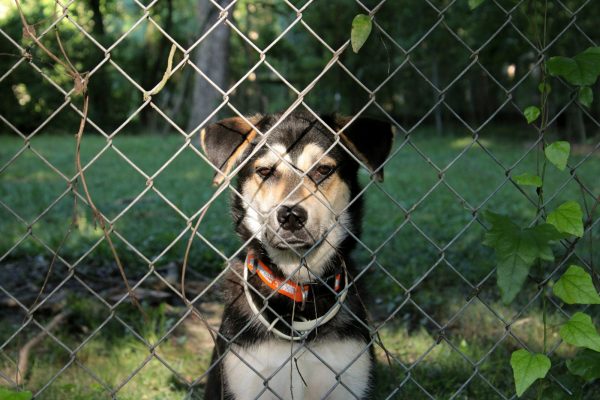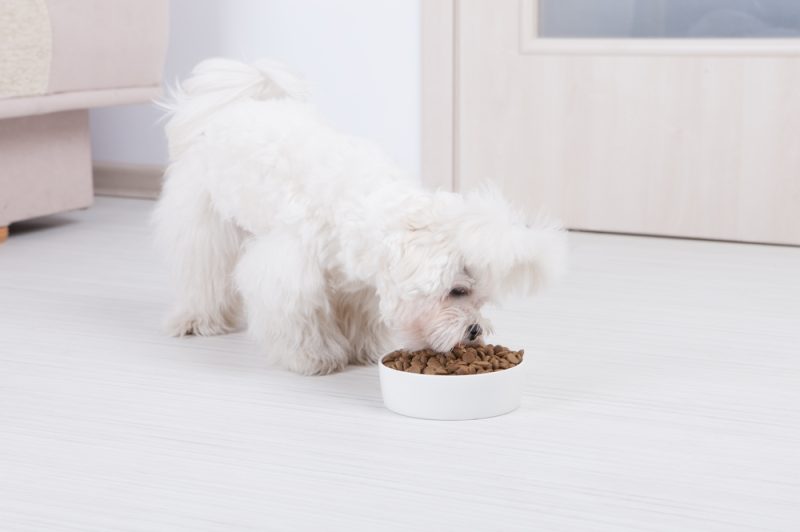In this article
View 8 More +The Sheepadoodle is a designer hybrid dog that was developed by breeding the Old English Sheepdog and the Poodle with one another. With hardworking tendencies like their Old English Sheepdog parents and a penchant for hunting waterfowl like their Poodle parents, these are well-rounded dogs with high intelligence and various capabilities.
Breed Overview
Height:
12–27 inches
Weight:
50–75 pounds
Lifespan:
12–16 years
Colors:
Black, white, brown, gray, merle
Suitable for:
Active families, singles, apartments, houses with yards
Temperament:
Intelligent, friendly, hard-working, sociable, loyal
This designer breed is curious, energetic, playful, and loyal. Their sociable personality makes them perfect family pets. They can also get along well in a farm setting. This mixed breed has not been in existence for long, but their parent breeds have. The Old English Sheepdog was developed in the 18th century, and the Poodle was developed in the 15th century. Here is everything that you need to know about the offspring of these two breeds, the Sheepadoodle.
Sheepadoodles Characteristics
 Sheepadoodle Puppies
Sheepadoodle Puppies
Sheepadoodle puppies are adorable but they grow quickly. There is not much time to learn about this breed once you bring them home because of their quick growth. So, here’s a snapshot of the breed’s stats to get you started:

Temperament & Intelligence of the Sheepadoodle
The Sheepadoodle is active, curious, fun-loving, loyal, and intelligent. These dogs are great at hunting, agility, and farm work. They also get along well in family environments. Their energy can become troublesome if these dogs are not exercised daily, though. They don’t shed much, yet they have fluffy coats that give them a cuddly look.
These good-natured dogs are extremely sociable and friendly. They bond deeply with their human companions and act as protectors whenever necessary. Their easygoing personalities make them easily adaptable to a variety of different circumstances and situations. They are natural herders, which may be evident when they are around children or other animals.
Although loyal and sociable, Sheepadoodles can be extremely independent and somewhat stubborn. Therefore, obedience training and a regular exercise schedule are important. These are not small dogs, so they don’t do well in apartment settings. The bigger the secured yard that they have to spend time in during the day, the happier that they seem to be.
Are These Dogs Good for Families?🏡
The Sheepadoodle can be good with kids, making them a decent pet choice for families. They may try to herd younger kids, so supervision is usually a good idea until the kids are old and big enough to maintain control of the dog. They are protective of all family members, even the kids, but not aggressively so.
Does This Breed Get Along With Other Pets?🐶 😽
These dogs can get along with other dogs if socialization is made a priority while they are puppies. They should be introduced to other dogs early on in life and have an opportunity to explore places like dog parks, where they can learn to properly interact with other animals. Their prey could result in chasing when it comes to being around smaller animals, like cats and squirrels.


Things to Know When Owning a Sheepadoodle
Owning a Sheepadoodle entails more than just providing food, shelter, and love. Here is everything that you need to know about feeding, exercising, training, and grooming your pet Sheepadoodle.
Food & Diet Requirements🦴
The high energy levels and large bodies of Sheepadoodles give these dogs big appetites. They can eat up to 4 cups of commercial dry food each day, depending on how much exercise they get. If unlimited food is available, they can easily eat more than what they require for good health. They should be fed two or three regulated meals each day.
These dogs require high-protein nutrition to properly fuel their bodies. Look for food that includes chicken or beef as the first ingredient, and avoid food that includes excessive fillers and artificial ingredients. Fresh berries and veggies such as carrots can be offered occasionally as snacks. Clean water should be available 24 hours a day, both inside and outdoors.
Exercise🐕
This is a mixed breed that requires daily exercise and activity to maintain a healthy body and a happy mind. Walks of at least an hour each day should be a priority whenever the weather permits. Time spent in a secured yard to play, run, and explore every day is also recommended. When the weather does not allow for outdoor exercise, indoor activities such as hide-and-seek, chase, and time playing with puzzle toys should be offered. Otherwise, nothing should ever take the place of long walks to expel energy.
Training🦮
This hybrid dog is intelligent and can take to training well; however, their stubbornness may get in the way sometimes. Training should take place in a quiet environment where there will be no distractions. Treats and clickers can help ensure that each training session is successful. After basic obedience commands are learned, training can be practiced in social settings regularly to ensure that obedience is maintained.
The Sheepadoodle can also successfully learn how to hunt waterfowl, herd farm animals, and complete agility courses. The younger the dog is when training begins, the more successful that training is bound to be.
Grooming ✂️
These dogs have thick, wavy coats that require daily attention to stay free of tangles and dirt buildup. Their coats should be brushed daily to get rid of debris that is picked up outside and to keep the fur from tangling up. Some Sheepadoodles require trimming once a month or so to keep the fur from growing over the eyes or getting too long to effectively brush.
A de-shedding comb can be used during the spring and summer months to keep shedding to a minimum. Sheepadoodles should get enough outdoor exercise to keep their nails naturally trimmed. Their teeth can be brushed regularly to ensure healthy gums and clean breath. Alternatively, dental chews can be offered.
Health and Conditions❤️
Unfortunately, there are various health conditions that the Sheepadoodle is prone to. Regular visits to the veterinarian, proper exercise, and a healthy diet can help stave off these problems as your pooch ages.
- Cataracts
- Von Willebrand’s disease
- Mitral valve dysplasia
- Entropian
- Ectropian
- Demodectic mange
- Diabetes
- Addison’s disease
- Sebaceous adenitis
- Bloat
- Hip dysplasia
Male vs. Female
There are not many serious differences to note between male and females Sheepadoodles. That said, males tend to be more independent and stubborn than females. Females seem to be easier to potty train indoors. Males are sometimes easier to train in general, and females may not need quite as much exercise.
3 Little-Known Facts About the Sheepadoodles
These hybrid dogs are not simple animals. They have many dimensions to learn about. Here are a few tidbits of information that are not widely known about the Sheepadoodle.
1. They Don’t Shed Much
Even though the Sheepadoodle typically has thick, medium-length fur, this mixed breed takes after their Poodle parent and does not shed frequently. While these are not hypoallergenic dogs, their low shedding produces minimal allergens and could be a good fit for those who are allergic to high-shedding dogs.
2. They Are Extremely Obedient
These dogs are known for being highly active, but that does not mean they are wild or troublemakers. In fact, Sheepadoodles are extremely obedient due to their history of hunting and livestock work. They are easy to train and can be trusted to do what is expected of them when in social settings.
3. They Like to Overeat
Sheepadoodles are fond of food and tend to overeat whenever they have an opportunity to do so. Leaving food out for them to eat freely can quickly lead to obesity and health problems that are associated with their weight. Their meals should be controlled to ensure that they maintain a healthy weight throughout their lives.
Final Thoughts
The Sheepadoodle is a fun, outgoing dog that can get along well in a variety of different environments and situations. While they need plenty of exercise, they can be calm, cuddly dogs that enjoy showing their affection to human companions. They require a great deal of work, but it’s well worth the companionship when all is said and done.
See also:
Featured Image Credit: Lisa Mounteer, Shutterstock




















